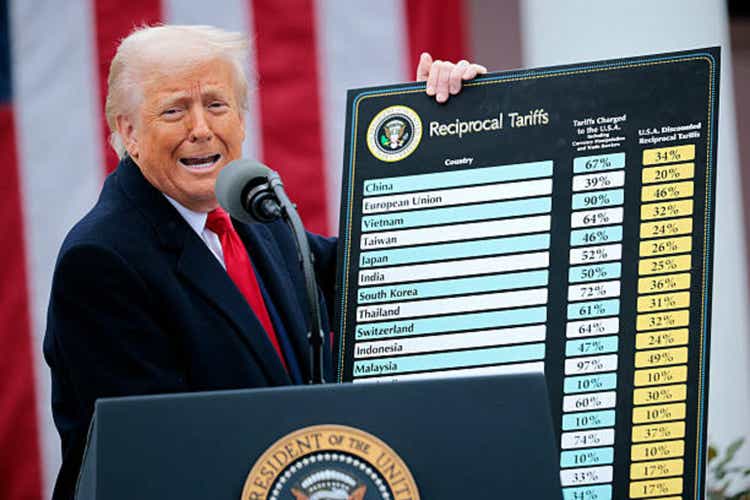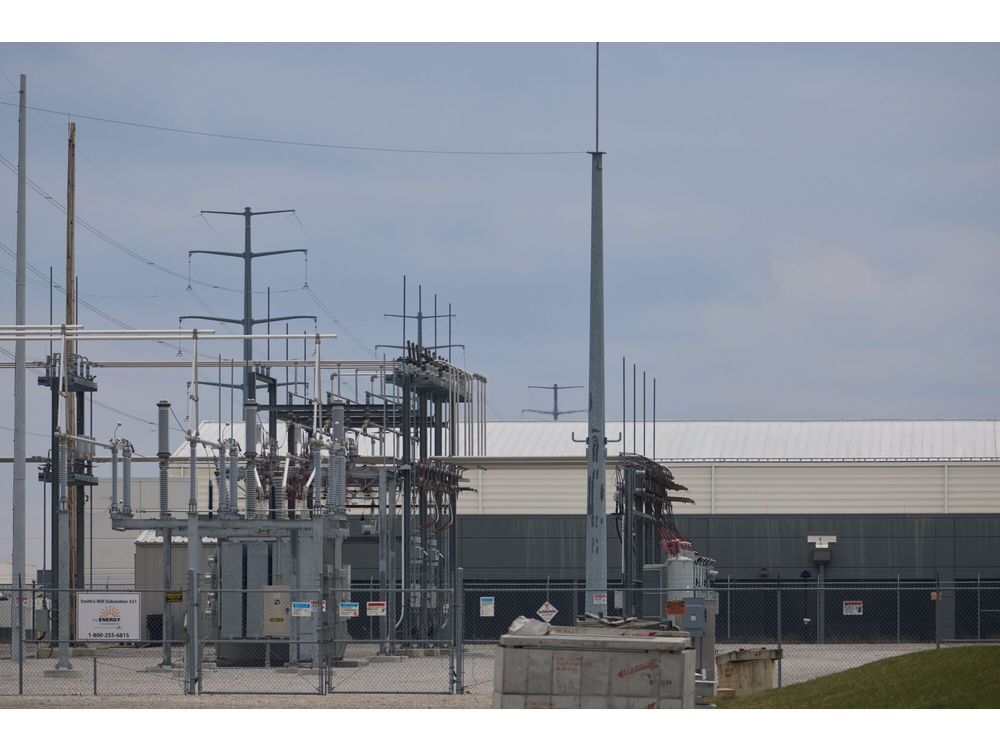PROTECT YOUR DNA WITH QUANTUM TECHNOLOGY
Orgo-Life the new way to the future Advertising by AdpathwayExternal Affairs Minister S. Jaishankar has strongly reiterated India’s zero-tolerance approach towards terrorism, asserting that the country will not be held back by concerns over Pakistan’s nuclear capabilities when responding to cross-border attacks.
In an interview with an American weekly magazine at its headquarters in One World Trade Center near the 9/11 Memorial in Manhattan, Jaishankar said India will neither spare terrorists nor the states supporting them, emphasising that nuclear threats will not stop India from acting in its national interest, IANS reported.
Also Read:Same terrorism will come back to haunt you: EAM Jaishankar warns West on ignoring Pak terror havens
Rejecting nuclear caution narrative
"We are very clear there will be no impunity for terrorists, that we will not deal with them any longer as proxies and spare the government which supports and finances and, in many ways, motivates them. We will not allow nuclear blackmail to prevent us from responding," Jaishankar said.
The External Affairs Minister also took aim at the long-held global caution surrounding conflict between India and Pakistan, driven by their nuclear status.
India refuses to be passive in the face of provocation
"We've also heard this for too long -- that both India and Pakistan are nuclear countries, and therefore, the other guy will come and do horrible things, but you mustn't do anything because it gets the world worried," Jaishankar said.
"Now, we are not going to fall for that. If he is going to come and do things, we are going to go there and also hit the people who did this," he added, drawing applause from the audience.
Also Read: Only India, Pak need to settle this directly: EAM Jaishankar dismisses Trump's mediation claim
Firm message: No impunity for terror
"So no yielding to nuclear blackmail, no impunity to terrorists, no more free pass that they are proxies. And we will do what we have to do to defend our people," he said.
Jaishankar also underlined that terrorism should be recognised globally as a threat that no country should employ as a foreign policy tool.
Global zero-tolerance call and historical context
"We believe that terrorism is actually a threat to everyone. No country should use it as an instrument to further its policies because, at the end of the day, it comes to bite everyone," he said, adding that the message to the world is that there should be zero tolerance for terrorism.
He noted that India’s experience with terrorism began not in recent decades but soon after Independence, when militants were sent into Kashmir under the guise of tribal invaders, followed by Pakistani military support.
Terror attack in Pahalgam: Economic sabotage
Recalling recent attacks, Jaishankar specifically referred to the April 22 terror strike in Pahalgam that killed 26 tourists. He called it a deliberate attack on Kashmir’s economic backbone—tourism—and an attempt to stir communal tensions.
"It was an act of economic warfare. It was meant to destroy tourism in Kashmir, which was the mainstay of the economy. It was also meant to provoke religious violence because people were asked to identify their faith before they were killed," Jaishankar said.
Terror infrastructure openly operating in Pakistan
The minister pointed out that the infrastructure supporting terror is no secret—it thrives in the urban areas of Pakistan.
"These are terrorist organisations who have the equivalent of their corporate headquarters in the populated towns of Pakistan," Jaishankar said. "Everybody knows what the headquarters of Organisation A and Organisation B are, and those are the buildings, the headquarters that India destroyed," he added.
India’s Operation Sindoor: Retaliatory action
Following the Pahalgam attack, India launched Operation Sindoor on May 7, targeting high-value terror assets in Pakistan and Pakistan-occupied Kashmir (PoK). The strikes were aimed at sending a strong message against the continued support of terror networks.
Jaishankar’s remarks reflect India’s hardened stance and growing public sentiment that cross-border terrorism will not be tolerated, regardless of diplomatic caution or nuclear brinkmanship.


 2 weeks ago
7
2 weeks ago
7










 English (US) ·
English (US) ·  French (CA) ·
French (CA) ·  French (FR) ·
French (FR) ·